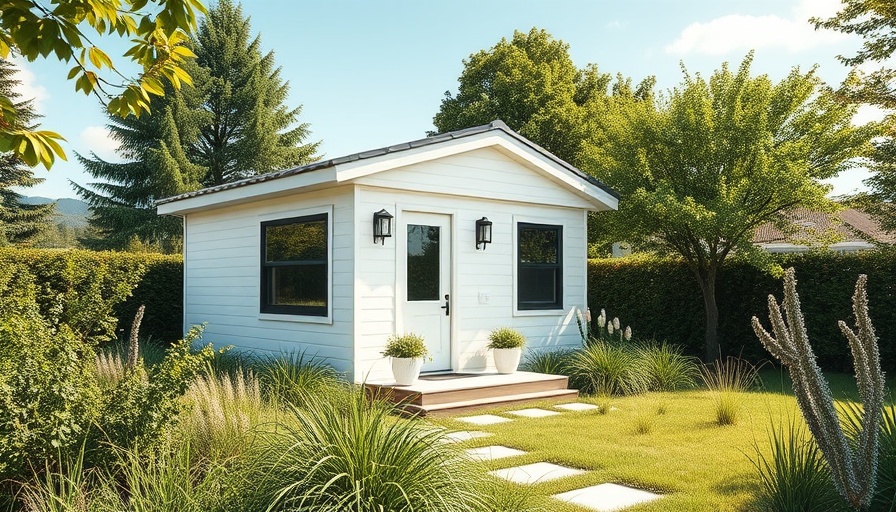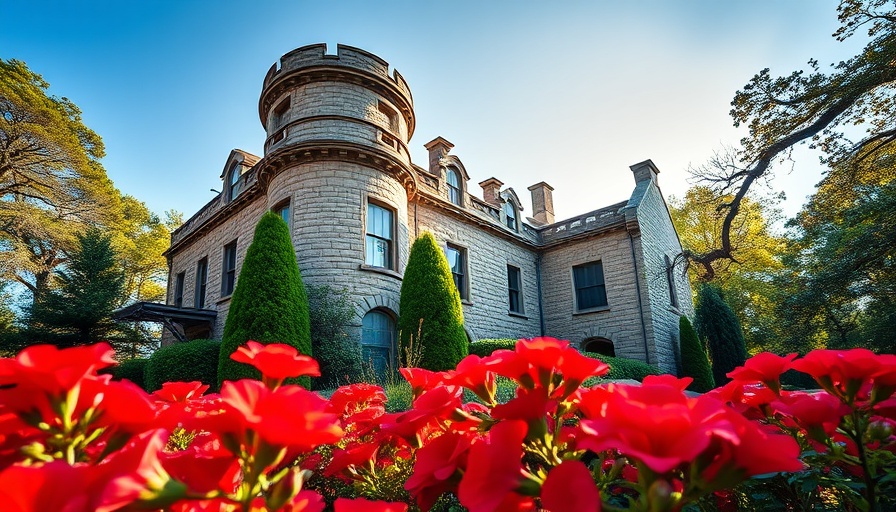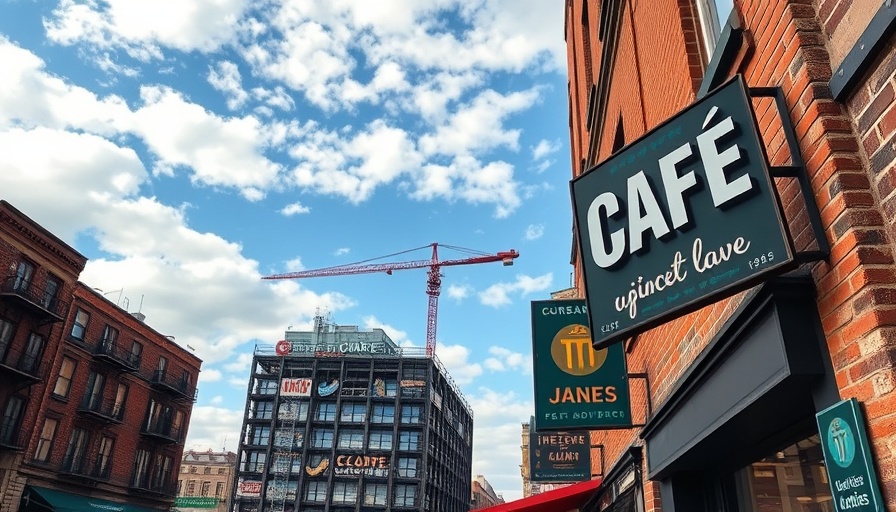
Omaha's Innovative Approach to Affordable Housing
In a city increasingly confronted with housing challenges, Omaha has taken a bold step toward sustainable living and meeting its pressing affordable housing needs. The recent approval by the Omaha City Council allows for the construction of accessory dwelling units (ADUs) citywide, a move designed to augment the available housing stock and provide more adaptable living options for residents. According to local experts, ADUs could be the answer the city is seeking to address disparities between the demand for housing and the existing supply.
What Are Accessory Dwelling Units?
An accessory dwelling unit is a smaller secondary home, typically built on the same lot as an existing single-family residence. These units, often referred to as mother-in-law suites or small homes, are equipped with essential amenities, including kitchens and bathrooms, which support independent living. This innovative housing solution has gained traction due to its potential to minimize costs while maximizing space.
A Closer Look at the Zoning Changes
With the new regulations, the city simplifies the process for approving ADUs and lays down clear guidelines for their construction. Each residential lot can now accommodate one ADU, but they cannot be sold independently from the primary home. This measure, part of Omaha's Housing Affordability Action Plan, targets the construction of an additional 30,000 housing units—60% of which will be affordable—by 2030. As the city gears up for more applications, interest in these compact forms of housing is on the rise.
The Financial Aspect of ADUs
While the construction of an ADU can range between $100,000 and $200,000, property owners see this as a viable option to generate rental income or house family members—all while adding value to their properties. Though construction costs have soared in recent years, many homeowners perceive ADUs as an attractive investment for their long-term financial goals.
The Community Impact
Beyond simple housing, ADUs symbolize a transformation in the way communities engage with their living spaces. As Erin Englund, assistant director of urban planning, pointed out, ADUs not only fulfill an urgent housing need but also foster neighborhood connections by bringing people together within established residential areas. They present opportunities for elderly relatives, young professionals, and families looking to balance affordability with comfort.
A Trend With Momentum
The installation of a display ADU at Omaha's riverfront park serves as a tangible example of this shift. Designed by local architects, the showcase is not just an exhibit but a catalyst for conversation. Observations made by local residents have sparked interest in ADUs as a practical choice. As the city continues to promote awareness surrounding this housing solution, the conversation grows: each curious visitor peering through the windows reflects the city's evolving understanding of alternative living arrangements.
Moving Forward: A Community-Driven Solution
As Omaha embarks on this journey towards embracing accessory dwelling units, it sets the stage for a broader dialogue on housing affordability. The city aims to not only increase its housing inventory but also ensure these units align with the needs of homeowners, renters, and potential buyers, including young families and tech-savvy professionals seeking sustainable living solutions.
Community members and interested parties are encouraged to stay engaged and participate in the ongoing discussions surrounding ADUs as this initiative develops. The success of these projects ultimately rests on the collective input of Omaha's residents—especially those directly affected by the housing gap.
Make Your Voice Heard
Are you a homeowner, renter, or resident interested in the future of housing in Omaha? Stay informed and engage with community forums to share your thoughts on how accessory dwelling units can reshape our neighborhoods for the better. Your input could be pivotal in ensuring the solutions created address the needs of all Omaha families.
 Add Row
Add Row  Add
Add 




Write A Comment